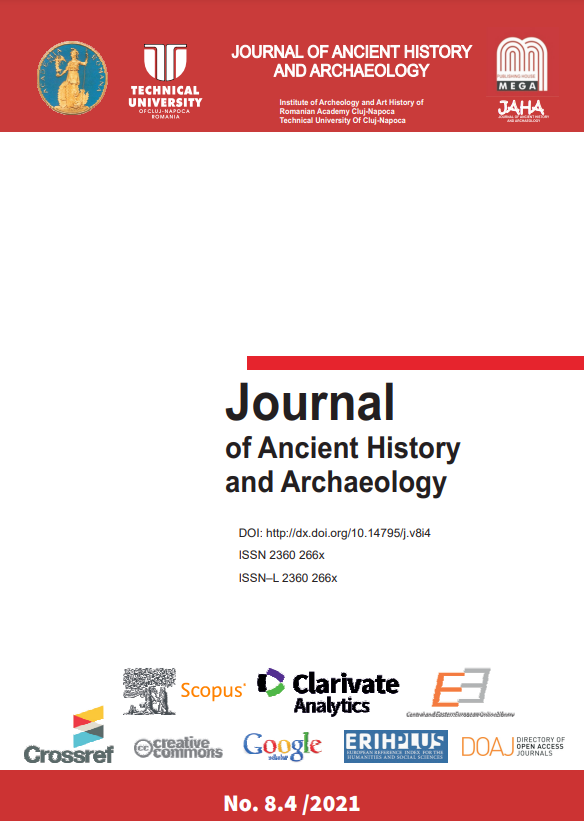RUSSIAN AND SOVIET RECEPTION OF CICERO’S VIEWS ON THE IDEAL CITIZEN, RULER, AND STATE IN THE 19-21st centuries
RUSSIAN AND SOVIET RECEPTION OF CICERO’S VIEWS ON THE IDEAL CITIZEN, RULER, AND STATE IN THE 19-21st centuries
Author(s): Arina BragovaSubject(s): History, History of ideas, Ancient World
Published by: Editura Mega Print SRL
Keywords: Cicero; antiquity; Ancient Rome; reception; Russian;
Summary/Abstract: The articles deals with the analysis of Russian and Soviet works related to Cicero’s views on the ideal citizen, ruler, and state. There are several contradictory trends in the Russian and Soviet historiography on the topic mentioned above. The first one is about Cicero’s conservatism in ethical and political questions (Grabar’-Passek and Utchenko considered Cicero conservative). A bigger number of scholars, on the contrary, wrote about Cicero’s definite innovation (Derevnin, Kamalutdinov, Temnov, and Bragova). The approach to the essence of Cicero’s concept of the best ruler is also twofold: Vipper and Marchenko attach a monarchical essence to it, while the majority of the scholars (Vekhov, Protasova, Mashkin, Utchenko, Zimin, Motus, Derevnin, Kamalutdinov, Temnov, and Bragova) point to its non-monarchical nature. Zvirevich and Derzhavitsky wrote about the humanism of Cicero’s image of the ideal citizen. Some researchers (Zelinsky, Knabe, Motus, Chernyshov, and Bragova) believe that Cicero’s perfect state was a utopia in the time of transition from the republic to the principate, while Temnov is convinced of its realism.
Journal: Journal of Ancient History and Archaeology
- Issue Year: 8/2021
- Issue No: 4
- Page Range: 169-175
- Page Count: 7
- Language: English

